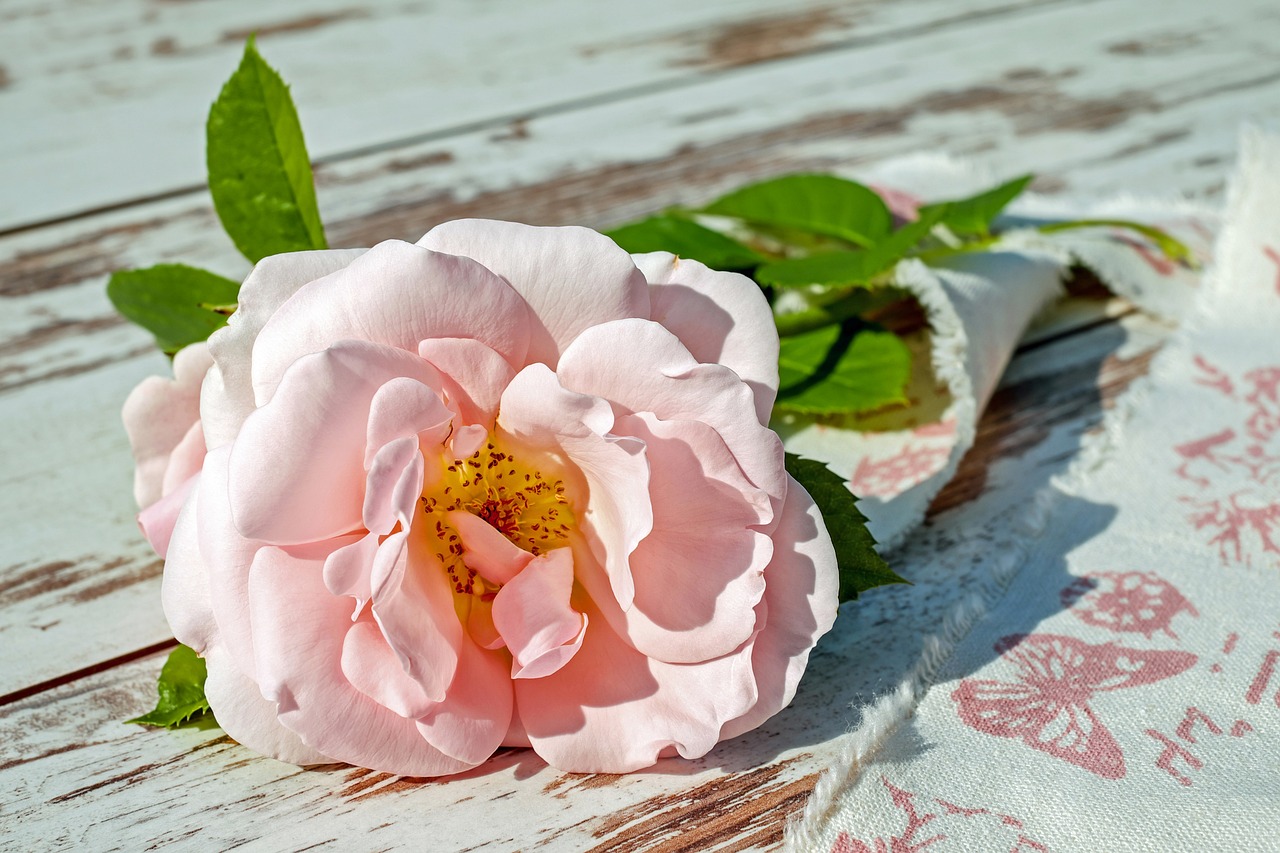Rose petals
Overview
The Rosa spp., belonging to the Rosaceae family, is renowned for its enchanting flowers and use in traditional practices. While there’s a rich heritage of using rose petals in perfumery, cuisine, and medicine due to its active compounds, smoking rose petals is less common and lacks extensive research or established guidelines. It is, however, legal and the petals exhibit a floral taste, with some anecdotal reports suggesting a calming effect.
Common name(s): Rose Petals
Scientific name: Rosa spp.

Characteristics
Known for their aromatic fragrance, vibrant colors, and potential antioxidant and anti-inflammatory properties.
Region
Rose petals are typically found or grown in temperate regions worldwide.
Natural Habitat
Wild rose species are commonly found in a variety of habitats, including fields, forests, and along stream banks, but not typically in swamps.
Cultivation
Requires full sun, moist but well-drained soil, and regular watering with attention to avoid overwatering and waterlogging.
Traditional Usage
Rose petals have been cherished throughout history, not just for their beauty but also for their versatility in traditional practices. These delicate floral pieces have been integrated into several cultural rituals and daily life in various ways:
- Culinary Uses: Employed for their flavor, rose petals have been added to dishes, desserts, and beverages.
- Perfumery: Rose water and oil, distilled from petals, are prevalent in fragrance production for their classic scent.
- Medicinal Uses: Due to their potential soothing properties, rose petals have been infused in teas to promote calmness and reduce stress.
- Preservation: Rich in vitamin C, rose hips—the fruit of roses—have been used in preserves and teas.
- Ornamental Significance: Beyond their culinary and medicinal application, roses have traditionally adorned gardens and homes, symbolizing love and beauty.
While the smoking of rose petals is not a traditionally recognized practice, their historical use in various beneficial applications remains significant.
Historical Usage
Used historically for ornamental value, in perfumery, cuisine, and for their fragrance and vitamin C-rich hips in teas and preserves.
Common Usage
Commonly used in aromatherapy, culinary preparations, and as a decorative element in various beauty and personal care products.
Effects
Roses carry a legacy of beauty and wellness that extends beyond their visual charm. The gentle essence of rose petals has been embraced for centuries to uplift the body and spirit. When integrated into daily life, these delicate blossoms offer a bouquet of calming effects.
- Soaking in their aroma, rose petals can reduce stress, creating a serene atmosphere.
- In teas and infusions, they are renowned for their soothing qualities, providing a gentle reprieve from the day’s tensions.
- The rose’s anti-inflammatory properties can offer a sense of physical comfort, easing mild discomforts.
- Their reputed antioxidant benefits suggest that rose petals may help nourish the body, fostering overall wellness.
- Embracing the practice of using rose petals in herbal blends can lead to a delightful relaxation experience.
Despite these gentle, nurturing effects, the use of rose petals extends far beyond simple infusions. Each petal holds history, tradition, and a touch of nature’s magic, ready to be explored and appreciated.

Enhancing calm and easing tension with its natural anti-inflammatory benefits, this bloom is more than just a symbol of love.
Effects when smoking
When smoked, rose petals may impart a mild, calming sensation, although this experience is not universally reported.
Those who use rose petals in this manner seek relaxation and a reduction of stress, leveraging the flower’s natural soothing properties. However, it’s important to note there is scant scientific backing for these subjective claims, and health professionals do not conventionally recommend smoking rose petals for these effects.
The flavor of smoked rose petals is often characterized as subtly sweet with a distinct floral fragrance. Despite this appeal, the practice comes with potential drawbacks. Smoking any botanical material, including rose petals, can irritate the lungs and may lead to other respiratory issues. Individuals with a sensitivity or allergy to roses should be particularly cautious.
Since the practice of smoking rose petals is neither well-documented nor traditionally recognized in herbal medicinal circles, there are no widely accepted dosage guidelines or best-use practices. It is legal to grow and use rose petals, and while they are generally safe for consumption in foods and beverages, the implications of smoking them remain less clear-cut.
In summary, while anecdotal reports suggest some may find therapeutic value in smoking rose petals, there is a significant need for caution due to the possible health risks and a lack of robust scientific research supporting these claims.
Flavor Profile
Delicate, floral and slightly sweet with a fragrant aroma.
Edible Parts
Petals and fruit (rose hips)
Effects when Smoked
Some users report a mild, calming effect when smoked; however, this practice lacks scientific evidence and is not widely studied.
User Experiences
Anecdotal reports suggest a mild, calming effect, though experiences vary and are not widely documented in scientific literature.
Medicinal Benefits
The fragrant and vibrant rose petals carry more than just their beauty; they have potential medicinal benefits that may enhance your wellbeing. Here’s what these lovely blooms may offer:
- Antioxidant Power: Packed with flavonoids, terpenes, and anthocyanins, rose petals can help combat oxidative stress in the body3.
- Anti-inflammatory: These compounds also contribute to reducing inflammation, aiding in soothing bodily discomfort.
- Mood Elevator: The soothing aroma of rose petals is often used to uplift spirits and may help alleviate stress when used in herbal infusions.
- Vitamin C Rich: Rose hips, the fruit of the rose plant, are high in vitamin C, supporting overall immune health.
While smoking rose petals isn’t a mainstream method to reap these benefits, and scientific evidence is scarce, taking them as part of a tea or infusion could be a more documented and potentially safer form of consumption. Remember to consider any potential risks, especially if choosing to smoke plant material, as it could irritate your respiratory system.
History and Folklore
Roses have captivated human interest for millennia. In ancient cultures, such as Egyptian, Greek, and Roman societies, roses were esteemed not just for their alluring beauty but also for their aromatic qualities. Rose water and rose oil, derived from these quintessential flowers, were prized in perfumery for their enchanting scents. The petals themselves were sometimes used in cooking, adding a floral essence to dishes. Beyond their culinary and aesthetic applications, roses represented a source of wellbeing, with rose hips incorporated into teas and jams, celebrated for their ample vitamin C.
Moreover, these traditional uses underpin a profound reverence for roses that traverses history, reflecting their enduring charm and multifaceted contributions to human culture1 2.

Delicate and revered, roses have been cherished through ages, valued for their beauty, scent, and culinary uses, as well as their health-giving properties found in rose hips.
Side Effects and Contraindications
- Respiratory Irritation: Smoking rose petals may cause irritation to the lungs. Inhaling any type of smoke can potentially harm your respiratory system.
- Allergic Reactions: Individuals with certain allergies may experience reactions. If you have sensitivities to pollen or plants, precaution is advised.
- Contraindications: There are no clear contraindications, but due to the lack of research, those pregnant, breastfeeding, or with health issues should avoid smoking rose petals.
- General Caution: As with any form of smoking, consider the associated health risks. While rose petals are legal and often consumed in other forms, smoking lacks scientific study and is not widely recommended.
Legal Status
Rose petals are widely accepted and accessible due to their long-standing use in culinary and traditional practices. While dried rose petals are commonly incorporated in teas and delicacies, their legal status when it comes to personal use in smoking at home remains clear-cut. They are legal to grow, purchase and possess almost universally, presenting no legal barriers for enthusiasts seeking to use them for personal enjoyment.
It is always prudent, however, to stay informed about local regulations as laws may change, or specific regions might have unique restrictions.
References
1. The Different Rose Types: Plant Facts and Images | Florgeous, https://florgeous.com/rose-types/
2. Rose | Description, Species, Images, & Facts | Britannica, https://www.britannica.com/plant/rose-plant
3. Realm of Roses – An Introduction to Rosa » Georgeson Botanical Garden, https://georgesonbotanicalgarden.org/2021/01/realm-of-roses-an-introduction-to-rosa/
Image Credit: Couleur
Image Credit: Couleur
Image Credit: akirEVarga
Nicolas Duval
Nicolas is a passionate advocate for nature and the art of wildcrafting. His dedication shines through in Wildcraftia, a website he meticulously crafted to serve as a haven for nature enthusiasts worldwide. Driven by a deep appreciation for nature’s connection to humanity, Nicolas embarked on his journey in 2011 with SmokableHerbs, a platform showcasing his love for nature’s bounty. Building upon this foundation, he established Smokably, a thriving online store offering premium herbs and blends to a global audience.
